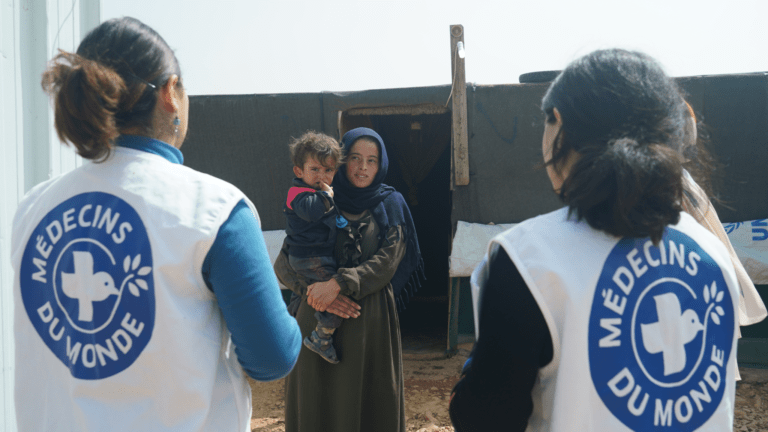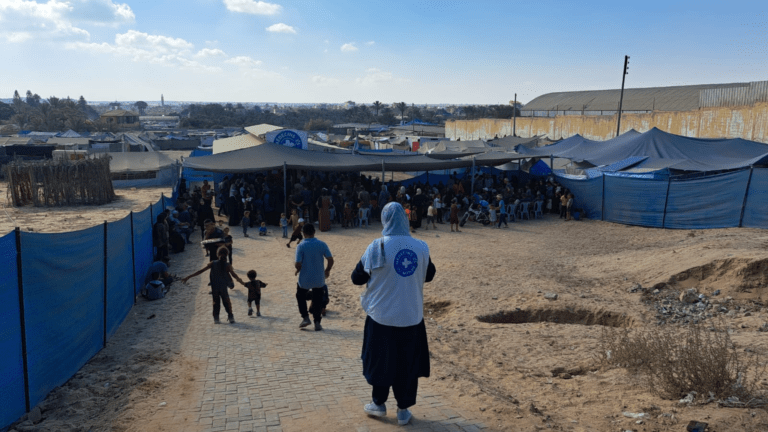JE DÉCOUVRE LE DON MENSUEL
JE DÉCOUVRE LE DON MENSUEL
JE DÉCOUVRE LE DON MENSUEL
JE DÉCOUVRE LE DON MENSUEL
JE DÉCOUVRE LE DON MENSUEL
JE DÉCOUVRE LE DON MENSUEL
JE DÉCOUVRE LE DON MENSUEL
JE DÉCOUVRE LE DON MENSUEL
JE DÉCOUVRE LE DON MENSUEL
JE DÉCOUVRE LE DON MENSUEL
JE DÉCOUVRE LE DON MENSUEL
JE DÉCOUVRE LE DON MENSUEL
JE DÉCOUVRE LE DON MENSUEL
JE DÉCOUVRE LE DON MENSUEL
JE DÉCOUVRE LE DON MENSUEL
JE DÉCOUVRE LE DON MENSUEL
JE DÉCOUVRE LE DON MENSUEL
JE DÉCOUVRE LE DON MENSUEL
JE DÉCOUVRE LE DON MENSUEL
JE DÉCOUVRE LE DON MENSUEL
JE DÉCOUVRE LE DON MENSUEL

HIV and other sexually transmitted infections among female sex workers in Moscow
It is estimated by the Russian Ministry of Health that 0.8 million people are living with HIV and that 85,800 new infections occurred in 2017. In the general population (15-49 years) prevalence is estimated to be 1.2% (0.9% among women and 1.4% among men). In 2017, the main HIV transmission routes were heterosexual sex (53.5%) and drug injection (43.6%).
Globally, female sex workers (FSWs) are disproportionately affected by HIV and other sexually transmitted infections (STIs). In Russia, in a context of economic slowdown and growing migratory flows after the collapse of the Soviet Union, the number of women engaging in sex work increased considerably. It is estimated by NGOs working on the field that there are 120,000 FSWs working in Moscow region. There are two main categories of FSW: outdoor FSWs, who work at volatile spots along roads in the urban periphery (“tochkas”) and indoor FSWs who work in apartments, salons or hotels.














